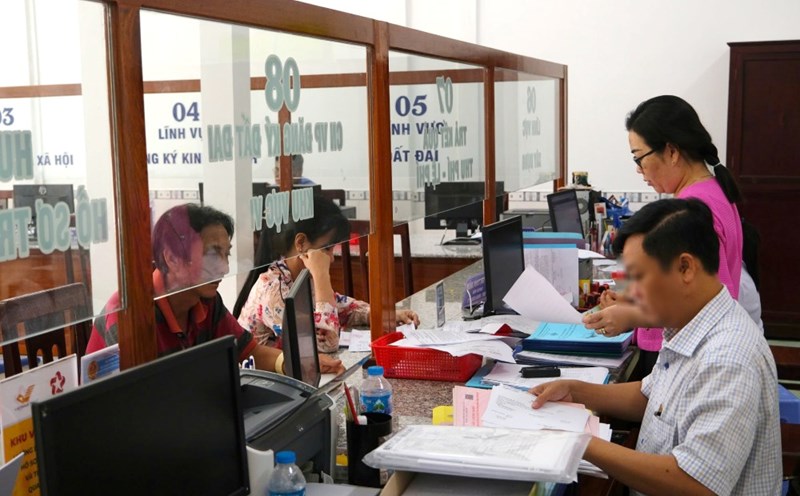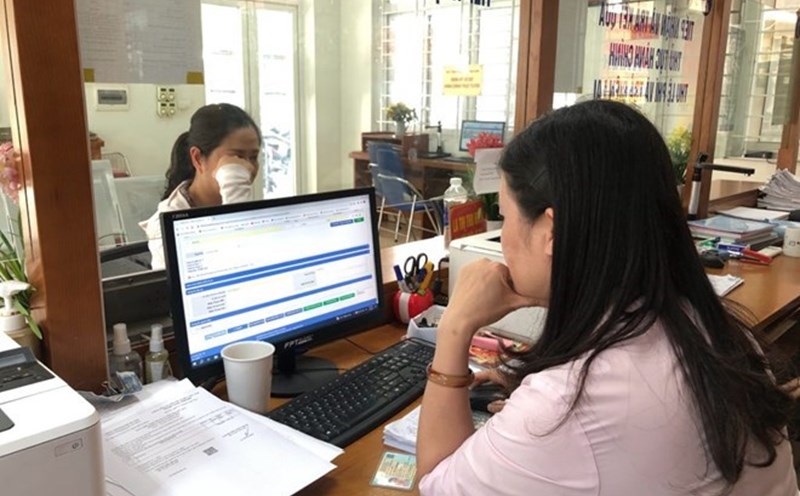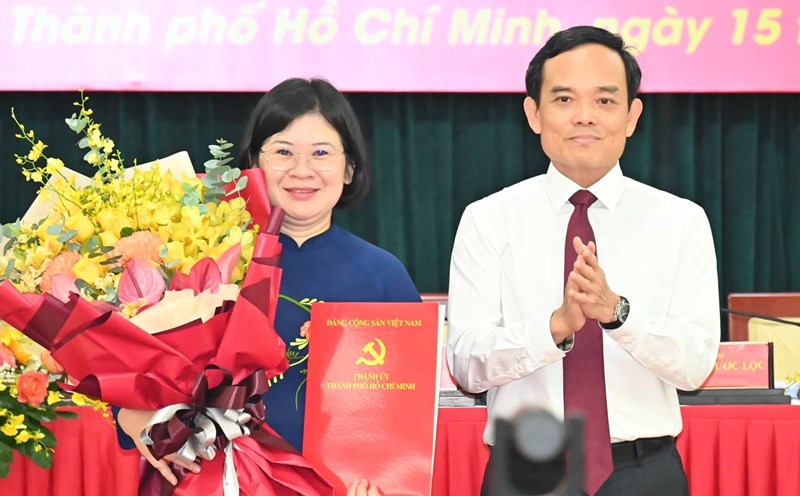Colonel Hoa Quang Tung - Deputy Director of the Department of Internal Political Security (Ministry of Public Security) - said that after 5 years of implementing the Law on State Secrets Protection, in addition to important results, problems and inadequacies have arisen.
In particular, it has not met the requirements for developing science, technology, digital transformation, including the issue of resolving and handling documents containing the content of protecting state secrets in the electronic environment and the activities of local authorities at the commune level...
Faced with these shortcomings, the Ministry of Public Security has chaired the drafting of the Draft Law on State Secrets Protection (amended), with the purpose of adapting to the practical situation and concretizing the Party's policies and guidelines.
The draft law is developed and arranged into 5 chapters and 28 articles, inheriting the regulations and contents that are still suitable in the Law on Protection of State Secrets, keeping the same 7 articles, amending and supplementing 21 articles.
In particular, the draft law has many new points such as expanding, allowing the drafting and storage of state secrets on the computer network as an "independent LAN network" established within the scope of the headquarters of agencies and organizations, not having to encrypt with basic passwords to thoroughly remove obstacles in the 2018 Law on State Secrets Protection and meet the requirements of national digital transformation.
Supplementing strict regulations prohibiting the use of artificial intelligence systems to violate state secrets; adding authority and responsibility in state secret protection activities for commune-level authorities and some central agencies organized according to the regional model.
In addition, the draft law also supplements and completes regulations on handling documents containing state secrets in the electronic environment to meet the requirements of developing science and technology, national digital transformation; abolishes a number of regulations on administrative procedures within agencies, organizations, units and localities related to state secret protection activities.
According to the full-time National Assembly delegate at the National Defense, Security and Foreign Affairs Committee, Major General Vu Huy Khanh, amending and supplementing specific contents in specific articles and clauses does not change the scope of regulation and the layout of current law.
With such an scope of regulation, it is necessary to ensure the viewpoint of law-making, meeting the goal of resolving urgent problems, such as adjusting regulations on independent Lan network, adding authority to commune-level authorities and regulations on electronic documents of state secrets...
Some National Assembly deputies also expressed their agreement with the addition of the authority to allow the agency to have stars, documents, and state secrets for the deputy head of the organization at a party organization.
Or like removing the regulation on written authorization to reduce administrative procedures within agencies and organizations; at the same time, adding regulations on the authority to star, take photos of documents and state secrets to the commune-level government to suit the operation of the state management apparatus according to the 2-level government model.
Meanwhile, some opinions are still concerned about the fact that the draft law does not clearly stipulate the order and procedures for staring and taking photos at the commune level; suggesting adding regulations on the Government guiding the order of staring and taking photos at the commune level, avoiding abuse when implementing.
At the preliminary review session of the draft Law on State Secrets Protection (amended) on September 18 of the National Assembly's Committee on National Defense, Security and Foreign Affairs, the majority of delegates agreed with the necessity of promulgating the law, assessing that the draft law dossier had ensured compliance with the provisions of law, and was eligible to be submitted to the National Assembly Standing Committee for consideration and submitted to the National Assembly at the 10th Session.










